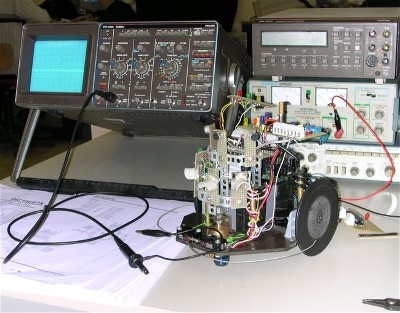“Unfortunately, we have to accept that in the Italian schooling system, mathematics poses an authentic didactic emergency. This issue concerns students throughout the country without distinctions of sex, type of school or geographical areas. It may be time to inquire into new research and the application of new teaching methods,” declared Minister Mariastella Gelmini commenting on the
final results of tests and state examinations.
Indeed, this is the subject that poses the greatest difficulties to Italian students, also as it is present in various different fields of study: 45.7% of the students admitted to the next year, will first have to prove they can do their maths. This figure represents a 2.6% increase over last year.
Do new experimented didactic strategies exist? Are they capable of addressing this emergency?
The Fondazione Mondo Digitale has been working on this issue with various activities, both locally and transnationally:
- in collaboration with other partners, the FMD has created a European methodology for teaching robotics and promoting its teaching in Italian schools. See the Robotics for Didactics section in the What we do area of the FMD website.
- The Thematic Weeks held at the Città Educativa of Rome exploit the most innovative and efficient didactic practices created by Roman schools. The publication of the Innovation in the Schools of Rome volume and the creation of an on-line Learning Environment provides universal access to the successfully experimented methodologies. In particular, refer to the Sciences and Technologies area.
- The Global Junior Challenge competition promotes the innovative and responsible use of technology for social inclusion and to fight the digital divide. Amongst the winners of the fourth editino fo the GJC and finalists at the Stockholm Challenge Award, the Maths to play Project, created by the Liceo Cassico Duni of Matera (Italy) and the Lycée Classique of Diekirch (Lussemburgo), proposes a non traditional approach to mathematics.
For further information:
